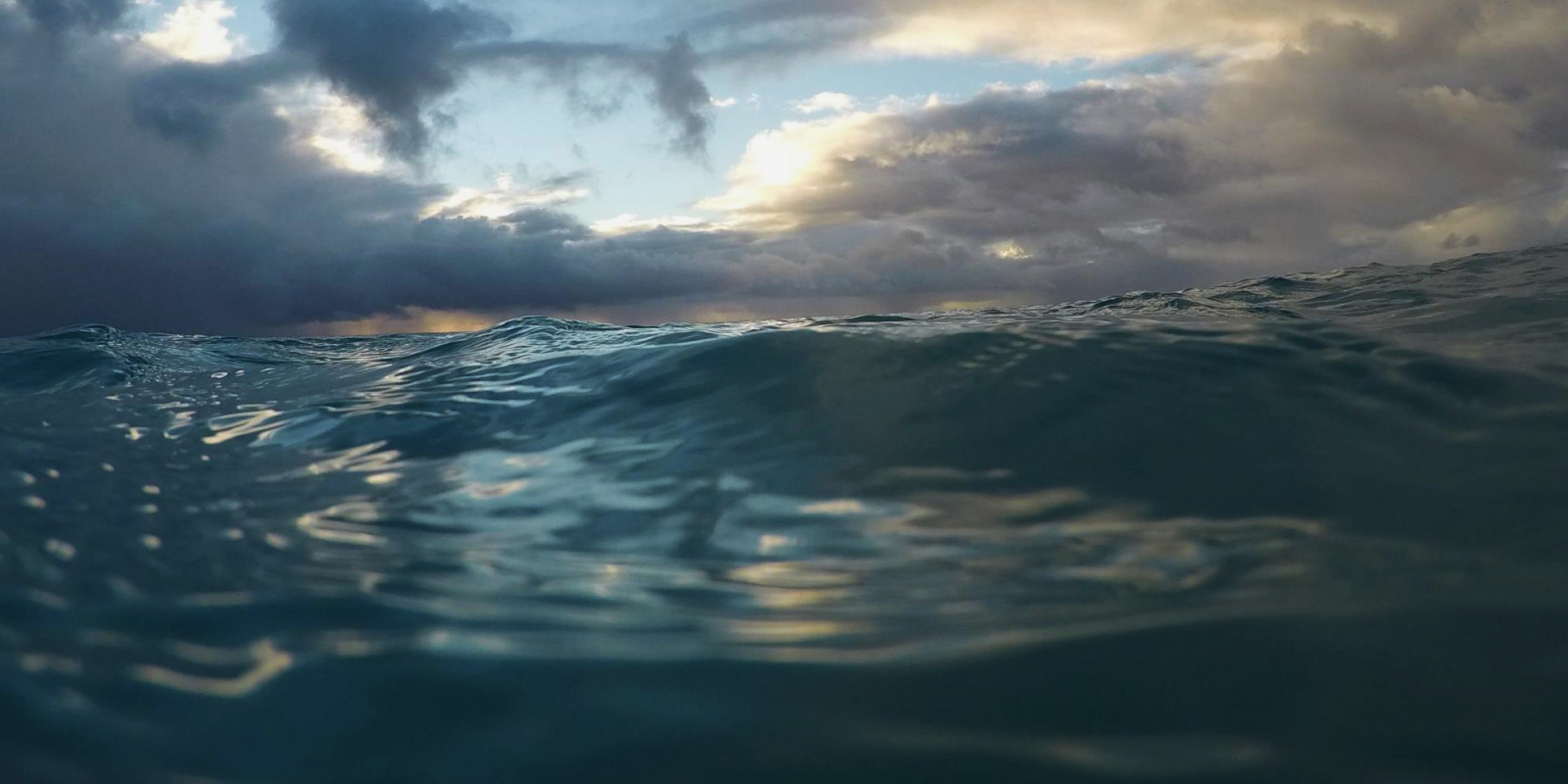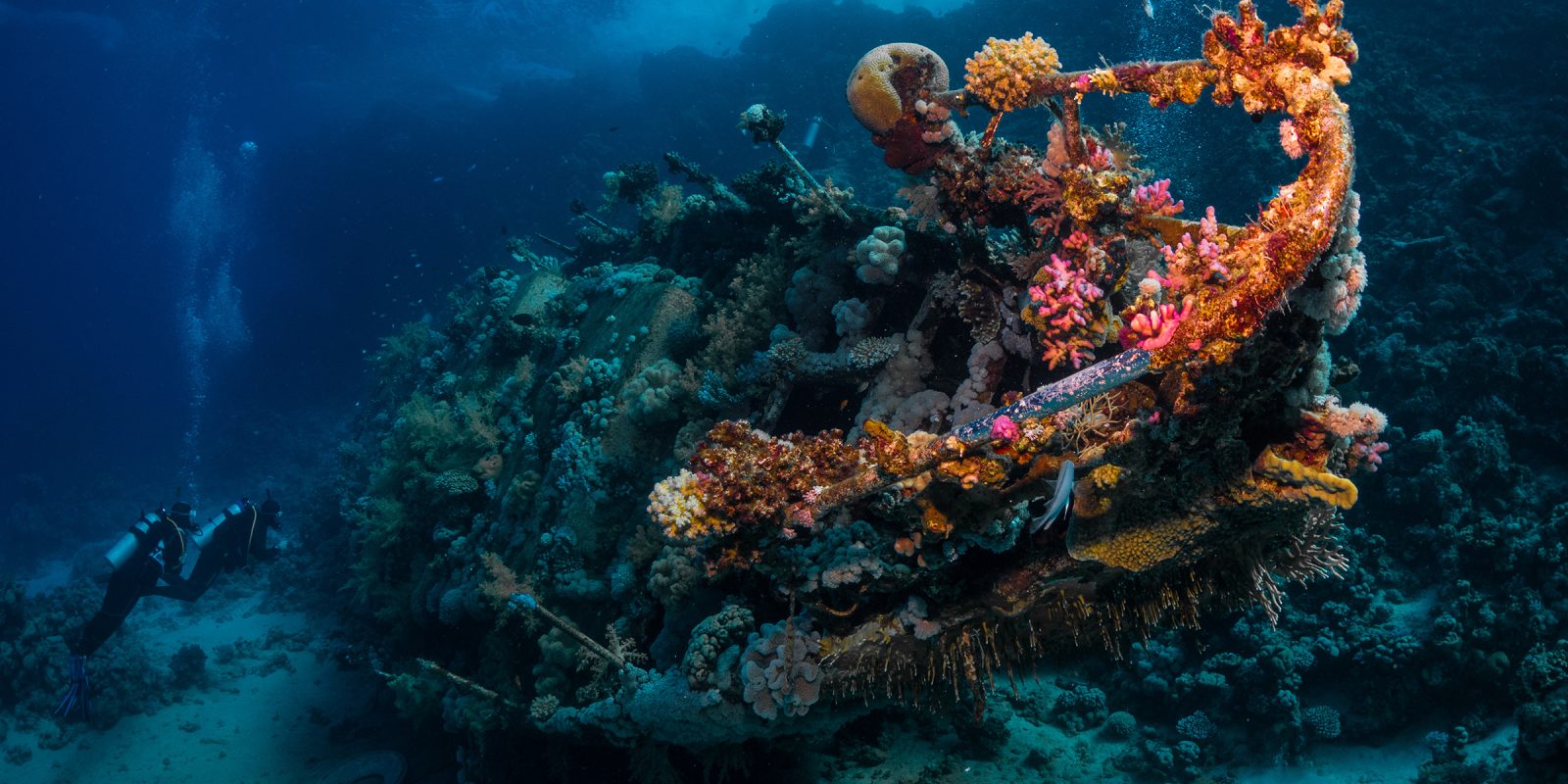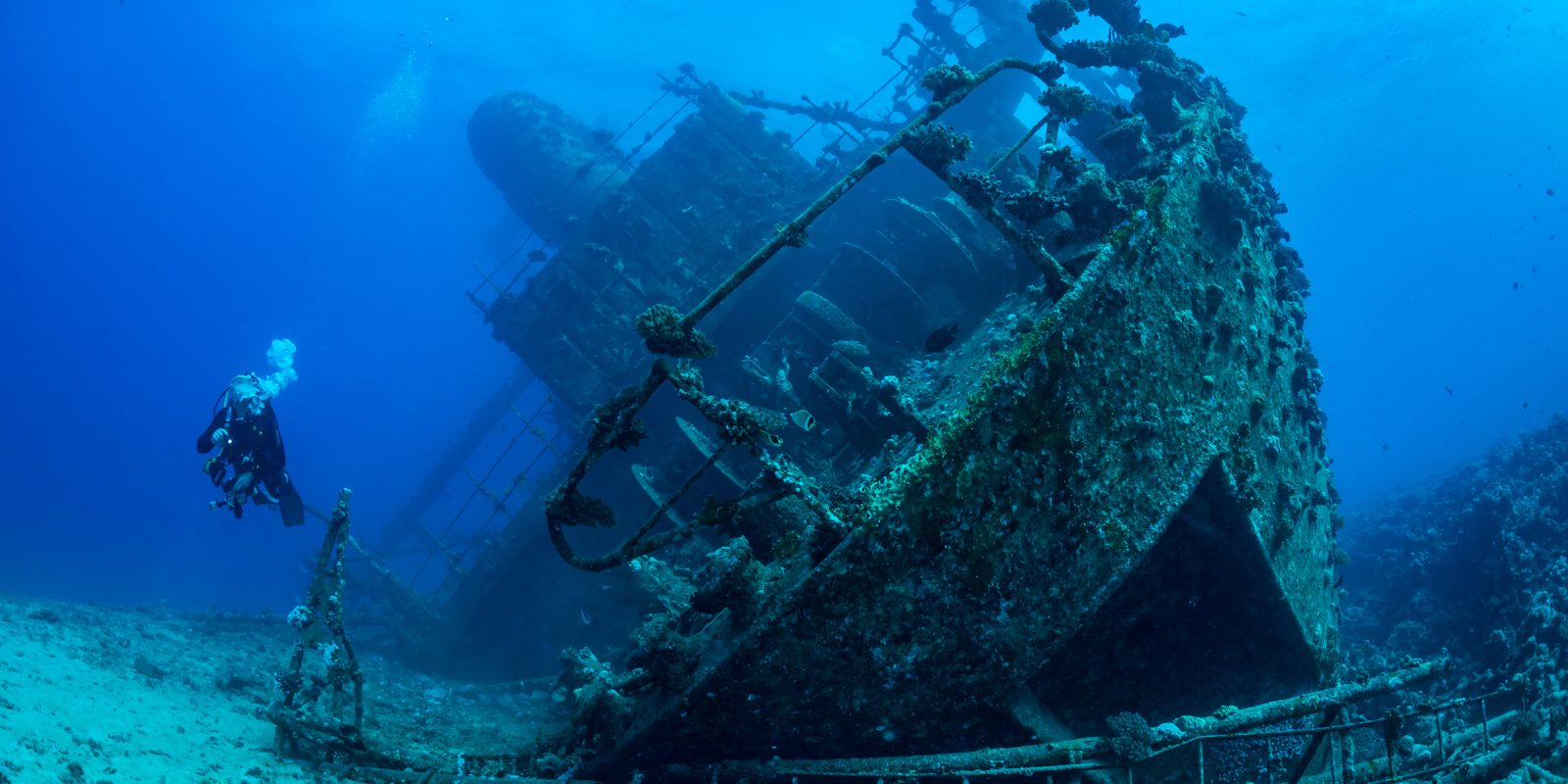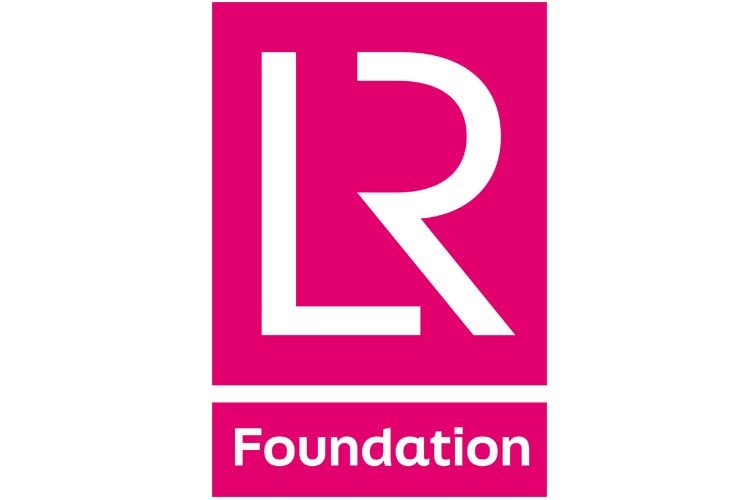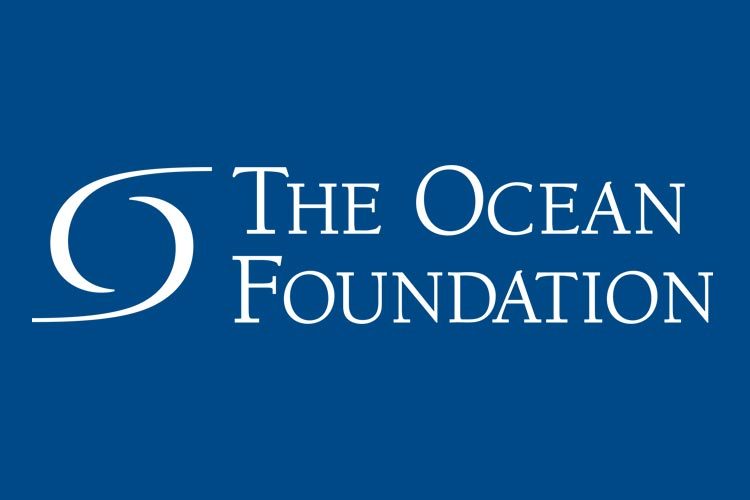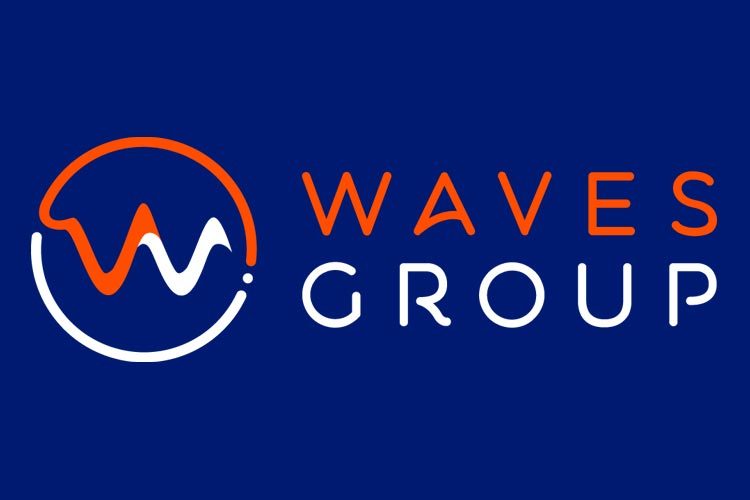A Global Framework for the Near and Long-Term Assessment, Intervention and Sharing of Data for Potentially Polluting Wrecks.
In Maori and Polynesian mythology, Tangaroa is the god of the ocean. Tangaroa made laws to protect the ocean and its sea creatures.
Tiaki mai i ahau, maku ano koe e tiaki … If you look after me, then I will look after you…
What is the problem?
Globally, there are over 8,500 wrecks classified as ‘potentially polluting wrecks’ (PPW), mainly originating from World War I and II, containing oil, chemicals and munitions. There is an increasing risk of pollution and disastrous impacts on the ocean environment and coastal communities, due to climate change, structural break-down and a lack of proactive management of these environmental ‘ticking time-bombs’.
Responding to pollution from PPW is reactive and expensive and is not coordinated globally. Without proactive actions, it is estimated that dealing with pollution from these wrecks could cost up to $340 Billion, with immeasurable environmental damage, threats to marine life and potentially disastrous impacts on ocean economies and coastal communities.
Why is action needed?
Pollution from PPW is a cross-border problem, affecting global society, the environment and economies. It has serious threats and negative impacts on wildlife, marine ecosystems, coastal communities (food, livelihoods and habitability), human health (Hazardous and Noxious Substances, munitions, chemicals) and locks in high costs for emergency response and remediation. Pro-active action on PPWs will reduce costs and reduce the risk and impact of these threats.
Currently, action on the management of pollution risks from PPWs is not coordinated or proactive. A strategic, coordinated, approach is imperative and will reduce the pollution risk and impact on ocean communities, create substantial cost savings and increase certainty for blue finance and investors. Action on the issue of PPWs is directly linked, and aligned, to international ocean stewardship targets and preserves important cultural heritage.
What action is needed?
- Develop an International Standard for assessment and intervention of PPW to create a framework for proactive management of PPW and provide due diligence and increased certainty for all stakeholders.
- Expand current R&D work on PPW, assessment and intervention methods. Identify technology gaps to meet the challenge.
- Open up funding pathways to proactively manage the pollution risk to make the necessary R&D happen and support proactive PPW management and ocean stewardship.
- Increase stakeholder collaboration and data sharing to overcome cross-border challenges and improve PPW management to prevent pollution and preserve cultural heritage.
- Raise political and public awareness of the PPW problem to drive positive, proactive action.
Catalysing Action
Project TANGAROA has been initiated by Lloyd’s Register Foundation, The Ocean Foundation and Waves Group, based on real PPW experience. It is aligned with the IUCN resolution on PPW and aims, by 2028, to:
- Develop a Global Framework for the Near- and Long-Term Assessment, Intervention and Sharing of Data for Potentially Polluting Wrecks.
- Develop an International Standard and protocols for PPW assessment and intervention, in partnership with stakeholders and demonstrate improved methodologies for proactive risk management and cost reductions, with a technology roadmap to optimise PPW management.
- Develop an archive strategy for PPW datasets and the dissemination of information.
Three workshops will be run in 2024 on proactive risk management for PPWs and we are seeking input, participation and support from all stakeholders to catalyse this action.

What is the problem?
When pollution of our seas and oceans occurs, the world takes notice. Local, national and international media reporting is intense because of the environmental damage caused by marine pollution. This is further amplified on social media, which can drive the narrative, asking “whose fault is this, who will pay?”
For marine pollution incidents such as the Exxon Valdez in 1989, or Deepwater Horizon in 2010, the principle of ‘polluter pays’ applies, and the pollution clean-up response will involve considerable national and international resources and money to locate and assess the pollution source, stop the leak and clean up the pollution. Significant oil spills are international events which have severe and long-lasting environmental consequences.
What is less understood, is that there is a growing risk of marine pollution from sunk and abandoned ships in our oceans. Recent estimates have concluded that, globally, there are over 8,500 sunk vessels classified as ‘potentially polluting wrecks’ (PPW). The majority of these wrecks date from World War I and II (WWI and WWII) and many contain harmful chemical pollutants, unexploded munitions and an estimated 2.5 to 20 million tonnes of oil remaining in them.
To put this into context, this figure is up to 500 times more oil than the Exxon Valdez leak and 18 times that of the Deepwater Horizon spill.
In addition, the risk and impact of pollution from PPWs is widely considered to be increasing, due to:
- Pollution from PPWs is expected to reach its highest levels within ten years, due to continued structural deterioration of the sunken vessels.
- The effects of climate change, the impact on ocean climates and the increase in extreme conditions.
- Growing environmental concerns and pressure to reduce our impact on the oceans.
- The cost of responding to pollution incidents, in particular from PPWs, is high and often prohibitive for developing nations
- Uncertainty on the responsibilities for dealing with the PPW problem: Many wrecks are located in international waters or in the EEZ / Territorial Waters of other nations, or due to sovereign immunity principles for war wrecks. Many of the nation states affected by this problem were not participants in WWI or WWII.
- A lack of international cooperation and shared data needed to address the problem.
A recent release of oil from a previously unidentified PPW off the UK coast cost almost $7.5million for the clean-up operation and this involved only a relatively small release, none of which made landfall. Only a few cubic metres of the oil was actually recoverable in this operation. The release occurred in the peak summer holiday season and was therefore heavily reported in the media and was politically very sensitive.
If no pro-active action is taken, the estimated costs for the potential pollution response and clean up are up to $340 billion, plus immeasurable environmental damage, threat to marine life, and the consequential economic impact on ocean economies and coastal communities.

Why is action needed?
Marine pollution from PPWs is a cross-border problem that affects society, the environment and economies globally.
The impacts of marine pollution from PPWs include:
- Loss of wildlife populations, including important fish stocks.
- Damage to sensitive coastal and marine ecosystems (e.g. mangroves and coral reefs)
- Threats to coastal communities, including food security, livelihoods and habitability
- Possible direct threats to human health due to the presence of hazardous and noxious substances (HNS), unexploded munitions and through ingestion of chemicals within the food chain.
- High costs for emergency response and remediation.
Action on the issue of PPWs is directly linked, and aligned, to international targets, including:
- The UN Sustainable Development Goal 14 targets to “prevent and significantly reduce marine pollution of all kinds by 2025”.
- An objective of the UN Decade of Ocean Science (2021 – 2030) is “a clean ocean where sources of pollution are identified and reduced or removed”.
- The UN High Seas Treaty (BBNJ), ratified in June 2023 aims to protect the biodiversity of the ocean, through the created of Marine Protected Areas (30% of the High Seas by 2030).
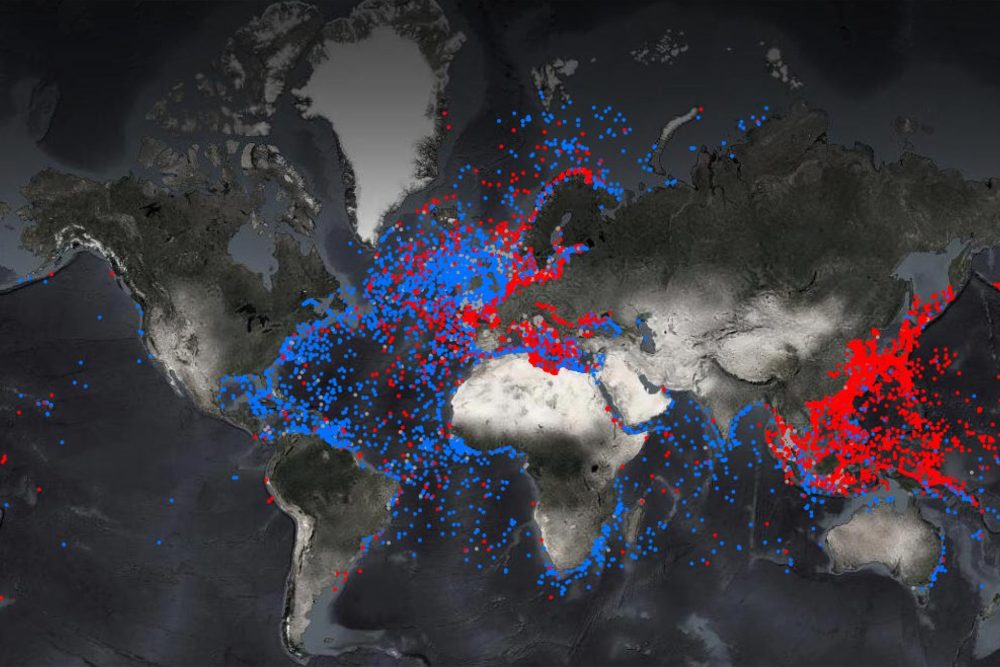
Locations of Allied and Axis Wrecks
Therefore, coordinated global management of PPWs is imperative and is key to achieving these international targets and for the management and stewardship of our oceans.
Taking pro-active action on PPWs will be cheaper too. Controlled assessment and intervention of PPWs costs less than an uncontrolled spill and the resulting clean-up and pollution response, and avoids the environmental, societal, economic and reputational damage that would occur. For example, the oil removal operation on the USS Mississinewa in the waters of the Federated States of Micronesia, cost approximately $6 million to remove 6,800 cubic metres of oil from the vessel in 2001, which is a fraction of what it would have cost to address had this oil leaked.
Currently, the assessment of the risk of pollution from PPWs is being done piecemeal, by individual nations or organisations, with only pockets of coordinated action. Interventions to remove oil from PPWs is generally being done on a reactive basis – that is, typically only when a pollution event has already occurred. This approach locks-in high costs for inefficient emergency response and intervention.
Applying a strategic, and coordinated, approach to the assessment and intervention of PPWs will reduce the risk of catastrophic pollution events and the consequential impacts on ocean and coastal systems. It will also create substantial cost savings, and increase certainty for blue finance and investors.

What action is needed?
Coordinated, effective action is required on a global scale.
Required Actions
- Develop an International Standard for the assessment and classification of PPWs, according to risk, considering the environmental, social and economic impacts.
- Expand the current research programmes on PPWs and their impacts.
- Review the methods and the technology for the assessment and intervention of PPWs and identify the technology gaps for meeting the current and future challenges of PPWs.
- Open up funding pathways and support for PPW management, supported by governments, foundations, maritime stakeholders, finance providers and other funders.
- Urgently incorporate PPWs into national and international marine spatial and contingency planning.
- Increase collaboration between nation states and stakeholders to manage the cross-border issues, including the ‘flag states’ (who ‘owns’ the vessel) and the affected coastal states, through existing frameworks, such as the IMO and the UN Treaty of the High Seas (BBNJ).
- Increased sharing of PPW data for assessment and intervention strategies and preserve the cultural heritage of the wrecks, many of which are socially and archaeologically important (including war graves).
- Campaigns to raise awareness of the PPW issue and ensure it is high on national and international political agendas.
Outcomes & Benefits
- Creation of accepted standards for the assessment and intervention of PPWs to minimise pollution from PPWs – “Who, What, When, Where, How”.
- Create a framework of due diligence for PPW management, increasing the certainty of the outcome for nations, foundations, all stakeholders and finance providers.
- Understand, and create a baseline of the current ‘state of the art’ for equipment, systems, methods and procedures for the assessment and intervention of PPWs
- Make the necessary research and development programmes happen, and increase the efficiency, effectiveness of prevention and intervention actions, whilst reducing costs.
- Create additional support and funding for the assessment and intervention of PPW.
- Proactive planning and management of PPW pollution risks for future environmental and socio-economic stewardship of the oceans and coastal communities.
- Increased sharing of experience and data on PPWs to improve future stewardship.
- Preservation of important cultural heritage, including war graves.
- Increased political and public awareness of PPWs and the increasing risks to drive action.
A global, toxic legacy of shipwrecks containing vast quantities of oil, munitions, and other hazardous materials has been left by two World Wars. These wrecks are deteriorating towards instability, accelerated by climate impacts. Some are leaking and causing harm now.
Many of these wrecks lie close to vulnerable coastal communities, important fishing grounds, fragile marine ecosystems, marine protected areas and world heritage sites.
In response to this threat, Lloyd’s Register Foundation provided funding to Waves Group and The Ocean Foundation to establish Project Tangaroa – an international community of experts working to develop international standards and protocols to manage these potentially polluting wrecks (PPWs).
In June 2025, Project Tangaroa published the Malta Manifesto, which contained the key calls to action needed to address the PPW threat. Now, this new in-depth report underpins the Manifesto, with insights from across the coalition – including marine scientists, maritime archaeologists, salvage professionals and other relevant experts.
A Global Framework for the Near and Long-Term Assessment, Intervention and Sharing of Data for Potentially Polluting Wrecks.

Catalysing Action
Based on real experience in working to assess and respond to marine pollution risks from PPWs, Lloyd’s Register Foundation, The Ocean Foundation and Waves Group, supported by the IUCN and ICUCH/ICOMOS, have come together to take positive action to address the PPW problem. Project Tangaroa has been initiated to take this action.
This project aims, by 2028, to:
- Develop the Global Framework for the Near and Long Term Assessment, Intervention and Sharing of Data for Potentially Polluting Wrecks.
- Develop the International Standard and protocols in partnership with stakeholders.
- Demonstrate that regional campaigns, utilising a standardised methodology, where a number of wrecks can be surveyed, recorded and assessed, can reduce overall costs.
- Produce a technology roadmap to support optimised assessments and intervention of PPW.
- Develop an archive strategy for PPW datasets and the dissemination of information.
The project objectives and the actions set out here are aligned with the IUCN Resolution WCC-2020-Res-026-EN calling for international cooperation on marine pollution from sunken vessels and wider international efforts to address ocean impacts and biodiversity.
As the first step on this path, a series of three expert workshops is planned to advance the development of the required International Standard. These workshops will be run by Waves Group (as Secretariat) and are sponsored by Lloyd’s Register Foundation and The Ocean Foundation.
The workshops will involve all relevant stakeholders of the PPW problem, including government agencies, regulators and responsible agencies, international bodies and foundations, finance providers, practitioners and researchers currently engaged in the PPW domain and those involved in heritage management.
The agenda of each workshop will enable presentation and discussion of the key issues, relevant to the theme of the workshop, with the objective to produce positive and definite outcomes towards the development of the International Standard.
The workshops will establish the current status and state of the art of work on PPWs to establish the ‘baseline’, then produce a roadmap to achieve the project aims, including a ‘gap analysis’ defining the work required.
Workshop Themes
A Global Framework for the Near and Long Term Assessment, Intervention and Sharing of Data for Potentially Polluting Wrecks
| Workshop Theme | Workshop 1 The Governance & Regulatory Framework for PPWs |
Workshop 2 Technology and Methodologies for PPW Assessment & Intervention |
Workshop 3 Archive and Dissemination of Cultural Heritage Data for PPWs |
| When | 04-05 April 2024 | 09-11 September 2024 | 04-06 March 2025 |
| Where | London, UK | Helsinki, Finland | Malta |
| Attendees | Governments & Regulators International Agencies & Foundations NGOs Legal Financing |
Academic & Research Institutions Salvage and Spill Response Experts Response & Intervention Providers Equipment and Solution Providers Governments & Regulators NGOs |
Museums & Heritage Management ‘Big Data’ Specialists Archive Providers Data Repositories Data Governance & Standards |
| Objectives | Map the scale of the problem Define the regulatory and legal framework Map the current state of the funding pathways Map the regulatory and finance needs for the Standard |
Map the current state of assessment and intervention methods Identify the current and future needs for PPW assessment & intervention Map the technology gaps and R&D roadmap |
Map the current levels of archive data available Define the cultural heritage needs Define standards for data governance and sharing Define standards for data acquisition |

